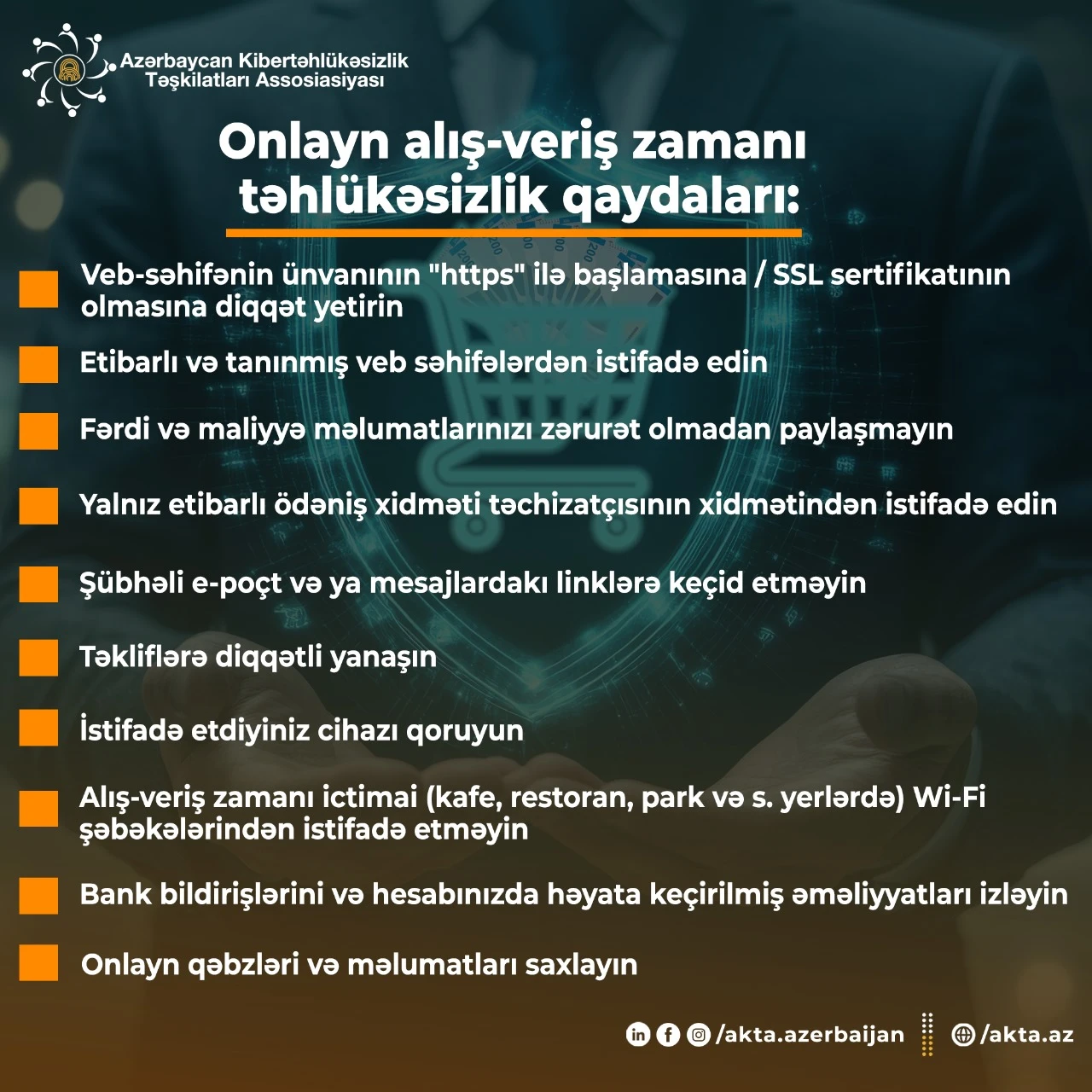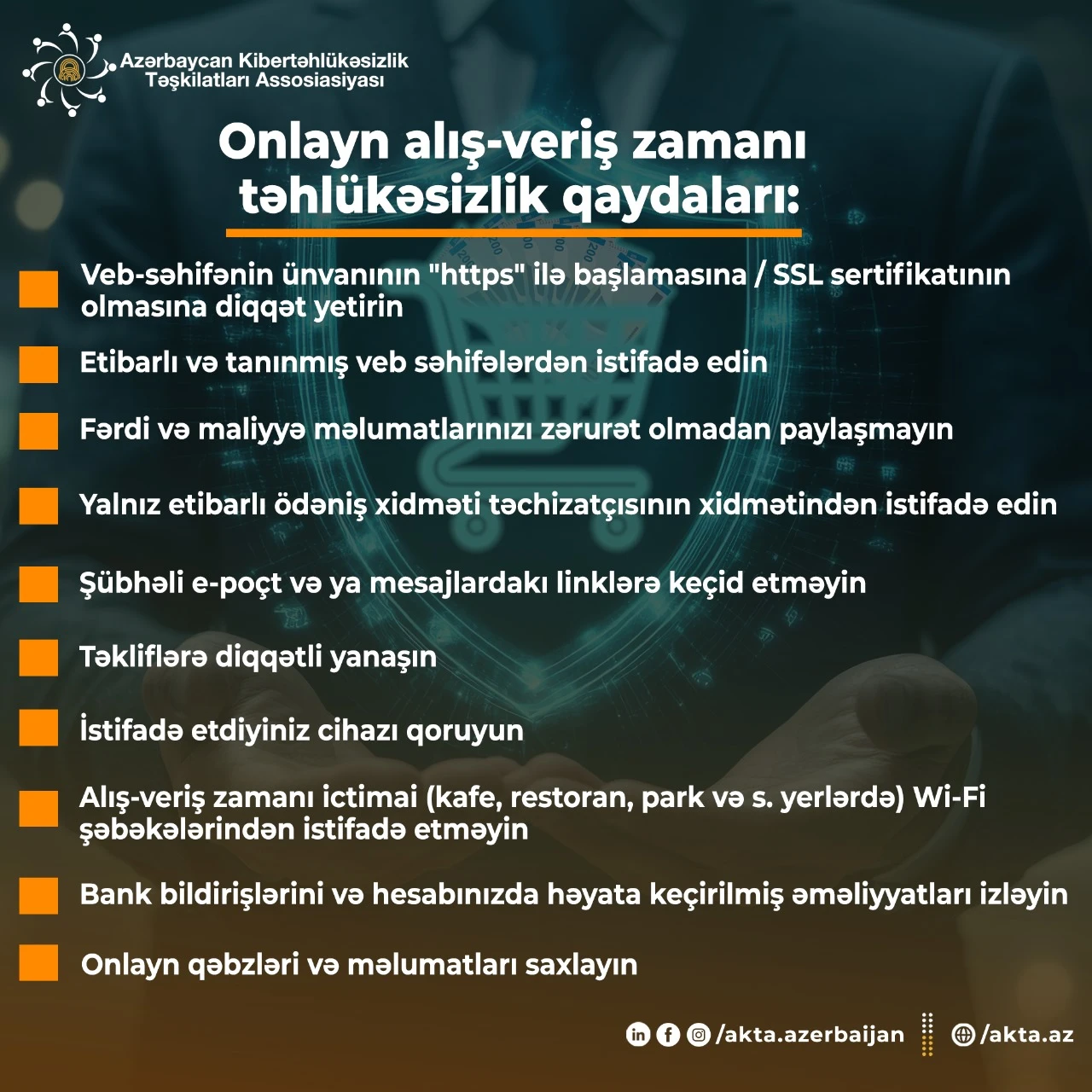

In the modern era, it is particularly important to focus on security issues to protect against widespread cyberfraud and other types of cybercrime during online shopping. To safeguard your personal information, the following security guidelines are recommended during online shopping:
· Pay attention to the presence of an SSL certificate and ensure the website URL starts with "https": When shopping online, use websites that support security (encryption) protocols such as "Secure Socket Layer" (SSL), which ensure the website address (URL) begins with "https." An SSL certificate ensures that data transmitted between the server and the user is encrypted, preventing third parties from intercepting the information. On websites without an SSL certificate, the URL will begin with "http" instead of "https." Given that data is not encrypted on such websites, avoid sharing your information on pages starting with "http."
For example:
https://example.com/ - SSL certificate is supported
http://example.com/ - SSL certificate is not supported
· Use trusted and well-known websites: For shopping, only use platforms that have a good reputation and positive reviews.
· Do not share your personal and financial information without necessity: Especially when entering bank card details, use payment methods that support additional security measures such as "3D Secure."
· Use only trusted payment service providers: When entering your debit or credit card details, trust only reputable and reliable payment service providers (e.g., AzeriCard, Mastercard, Visa, etc.).
· Be cautious with offers: Be wary of exceptionally low prices, unbelievable “discount” offers, or campaigns requiring immediate online payments, as these could be signs of cyber fraud. Similarly, exercise caution when asked to send an advance payment online or to provide card details for such purposes.
- Protect your device: Use licensed antivirus software on the device you use for online shopping and keep your software up to date.
- Avoid public Wi-Fi: Try to avoid using public Wi-Fi networks (cafes, restaurants, parks, etc.) while shopping online.
- Monitor bank notifications and account transactions: Pay attention to bank notifications, check your account immediately after shopping, and report any suspicious transactions to your bank without delay.
- Save online receipts and transaction details: Keep the online receipts and transaction information from your purchases. These records can serve as evidence in case of any issues.
- Avoid clicking on links in suspicious emails or messages: To protect against phishing attacks, manually enter the website address into your browser or search engine.
These recommendations were also prepared with reference to the document "Individual Cybersecurity Measures" (“Bireysel Siber Güvenlik Önlemleri”) by the National Cyber Incident Response Centre (USOM) of the Republic of Turkey.
